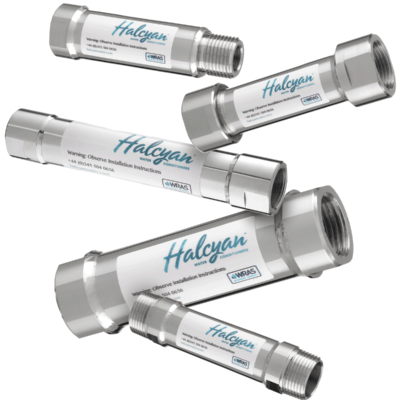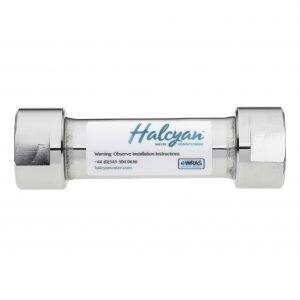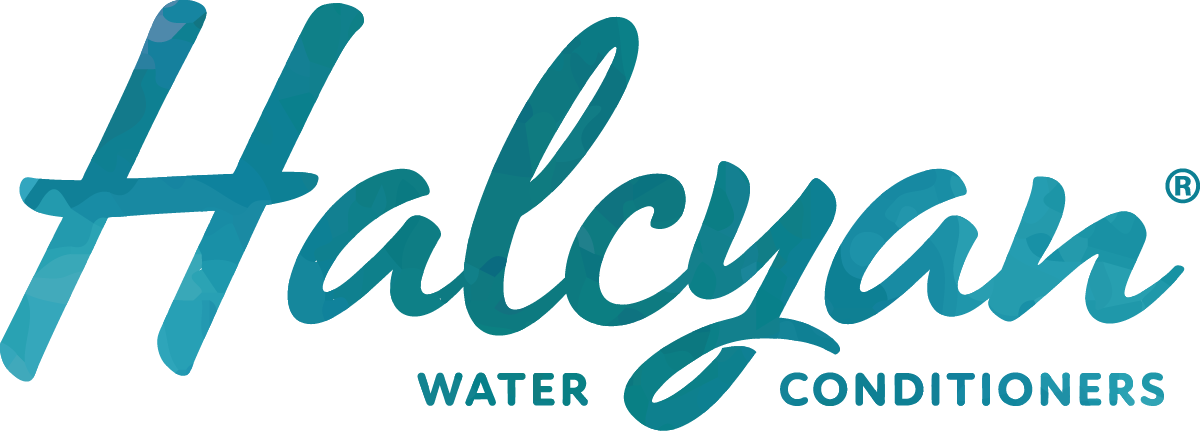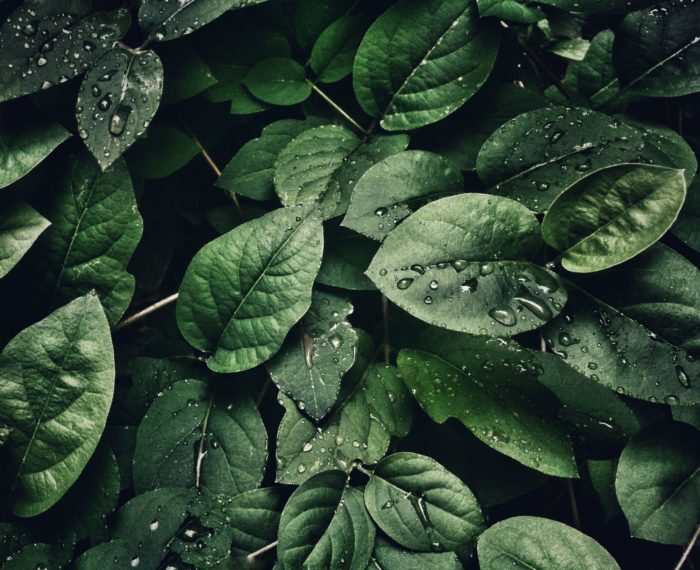If you’ve been looking into dealing with your hard water problems the first solutions, you will have seen and heard about are water softeners. Whilst these systems work well, they are not without their significant downsides. They require regular upkeep including regular purchase of salt, they take up a lot of space, require a separate drinking tap and most importantly aren’t great environmentally. For these reasons you may have started looking into water softener alternatives. Luckily if a water softener isn’t for you there is another option! In this article we’ll take you through Water Conditioners, the water softener alternative, and why you might want a conditioner over a traditional salt-based water softener.
What is a water conditioner?
Water Conditioner are systems which treat hard water by targeting the hard water minerals directly rather than removing them as water softeners do. There are several different kinds of water conditioner ranging from electronic to catalytic all the way to TAC (template assisted crystallization) systems. Whilst these systems all differ in their methodology the end goal is the same. To change the structure of the hard minerals in the water so that they behave differently and no longer bond to surfaces.

How do they differ?
There are several key differences between water softeners and water conditioners, the most obvious is that water conditioners do not use salt in their process. This makes them (as a rule of thumb) better for the environment. Conditioners as mentioned previously do not remove the hard minerals from the water and instead alter the way they behave, this means that conditioners do not soften the water, though some brands can offer some of the benefits that soft water provides. Conditioners, barring TAC systems are usually much more compact than water softeners and are much easier to fit.
Why a conditioner over a softener?
So why would you choose a conditioner over a softener? There are three reasons you would opt to choose a water conditioner as an alterative:
• You do not want to deal with the upkeep, costs and maintenance a water softener requires
• You are concerned about the environmental impact a water softener can have
• You lack the space for a water softener
If your main concern is to have true soft water in your property then the only way to achieve this is through using a traditional water softener or expensive Reverse Osmosis systems.
Final Thoughts:
Hopefully this article has given you a good summary of the available alternative to traditional water softening. If you would like to delve into more detail on the different kinds of systems available please make sure to follow the links scattered throughout the article. If you’d like to know more about Halcyan how it works and the benefits it provides then please take a look through the rest of our website:




